Username
Password
Not a member? Register now
Name
Username
Password
Already a member? Sign In
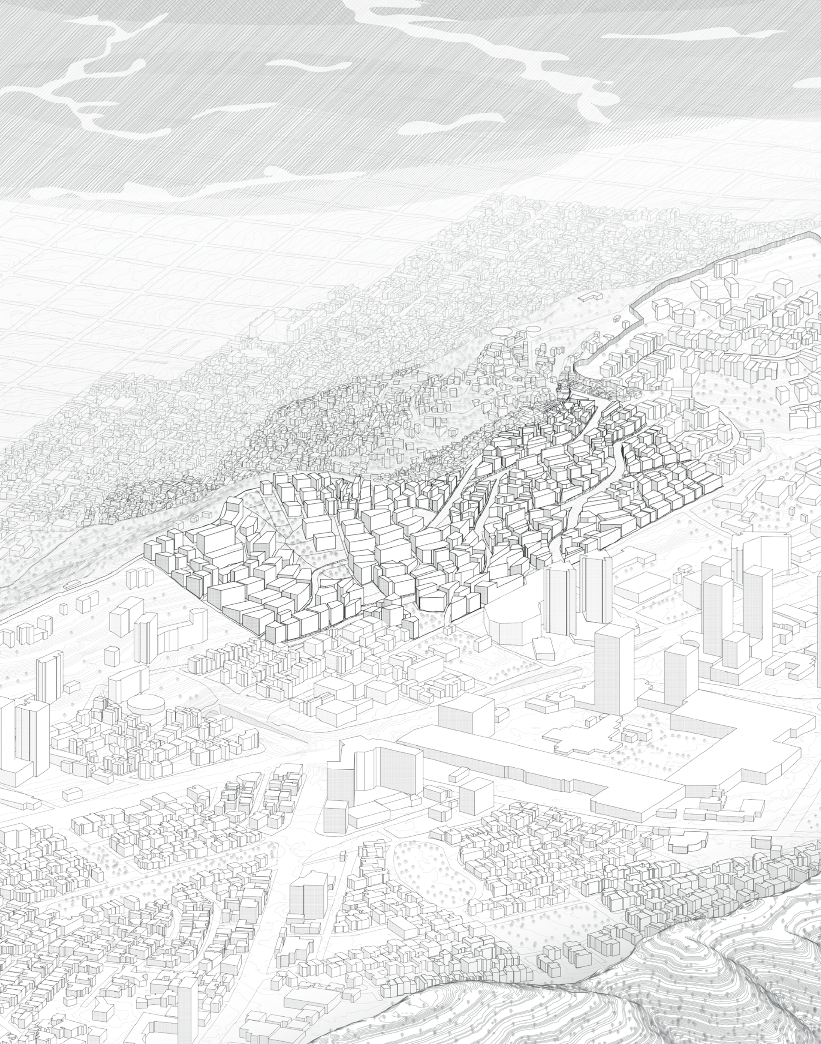
A type of urban development that after having recognized the market pressures would allow for an easier integration and transition between these highly contrasting communities and built environments; and that even more than just built space, it could have the capacity to trigger the generation of an area that could serve as a catalyst for social and human activities, as if it was an urban ecotone.
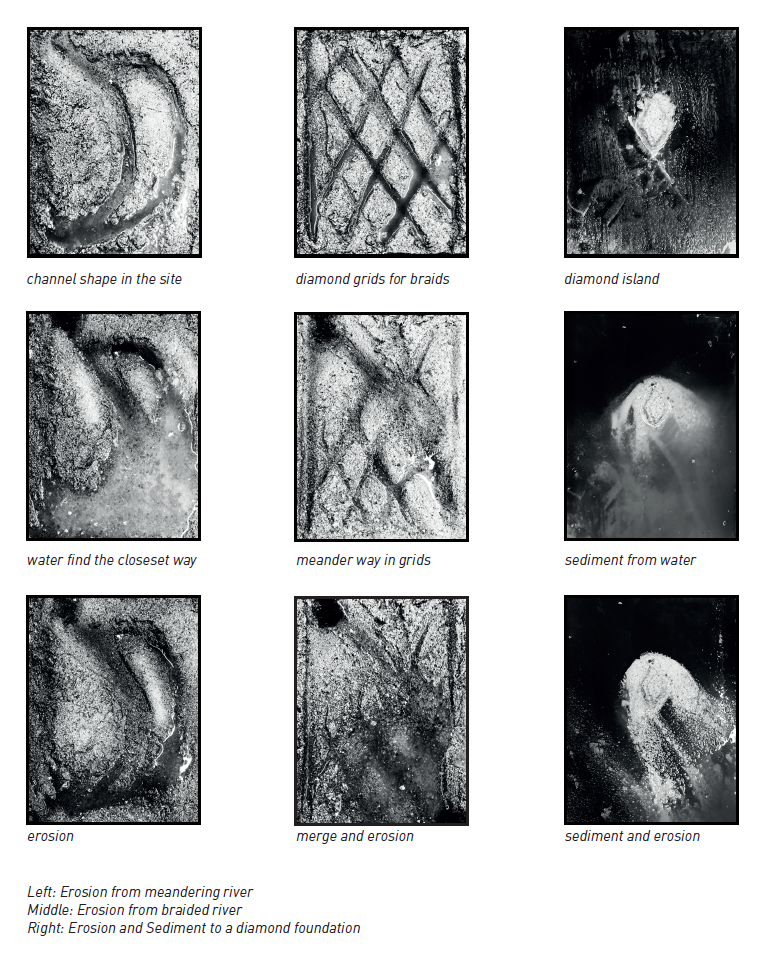
Physical simulation of sediment and erosion.
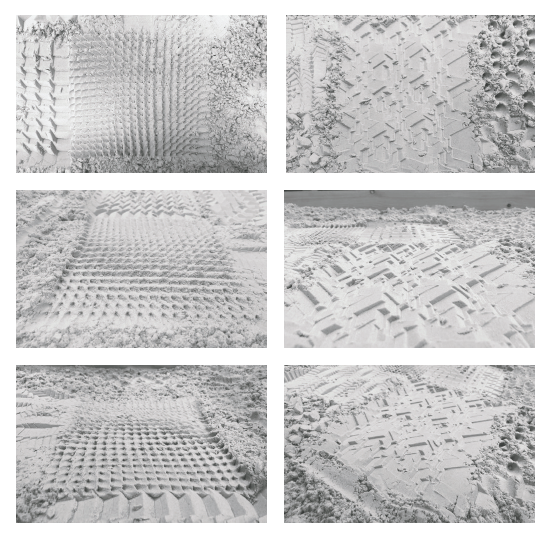
Pattern testing in kinetic sand gave us an understanding of how the angle and rotation of the tool effects the design.
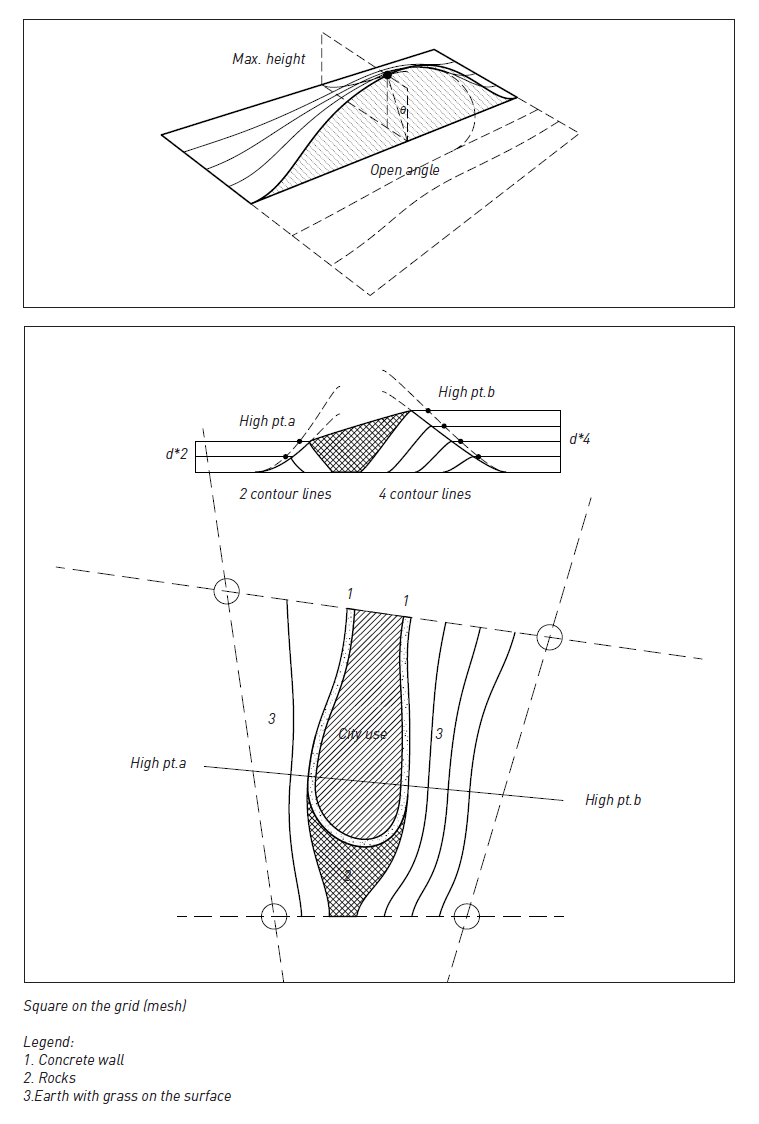
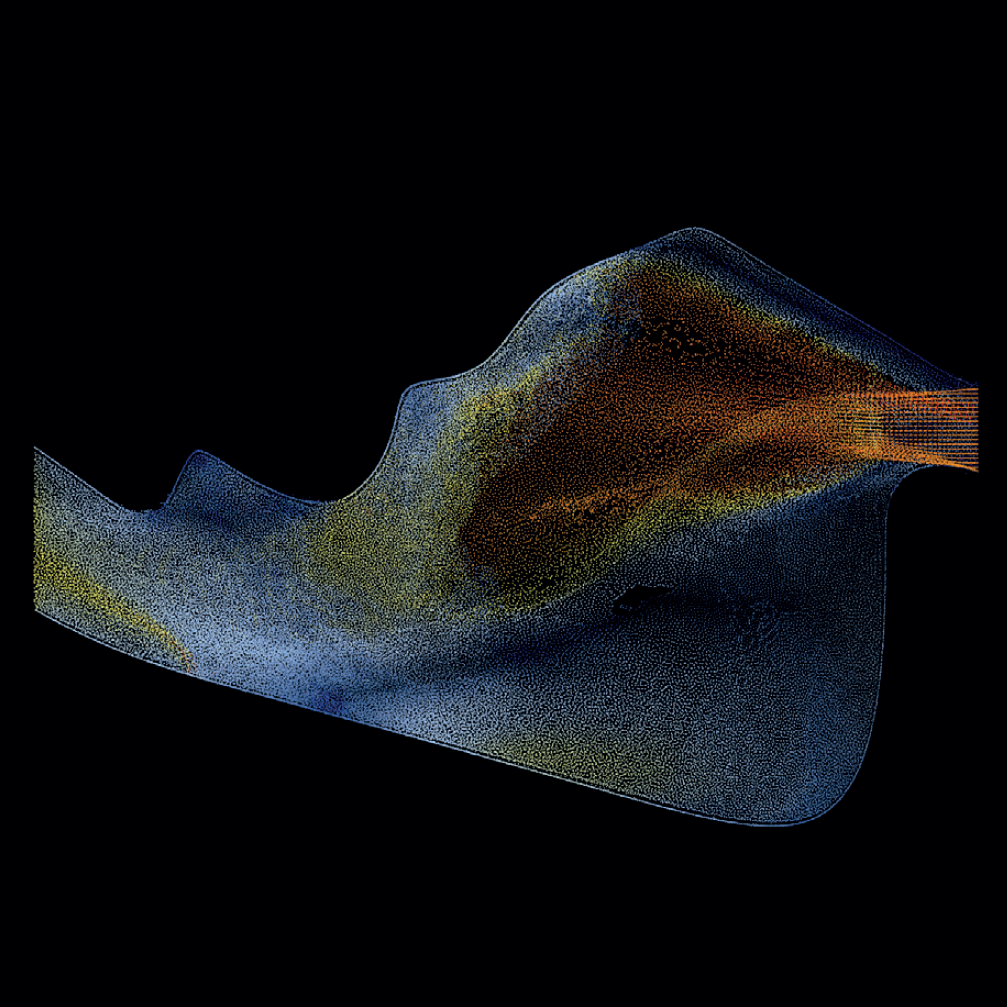
Vector field of flood particles.
Project area: City of Concepción in Chile, with special focus on the urban edge to the river Andalién
Scale: working across scales: from S to XL (1:50 - 1:2000)
Task: experimental explorations at the interplay between the city Concepción and the Andalién River in various scales. The joint studio allows students to both explore and formulate small or large-scale design speculations in the area of urbanistic answers to the specific dialogue that natural systems and city undertake in Concepción.
The studio is organized as an experimental design lab and structured around three key element:
Computational explorations, thereby, are complemented by physical explorations through the integration of the robot, as well as theoretical grounding.
Studio teaching is supported by intense skill building workshops, reading and discussion rounds.
The computational skill-building curriculum includes extensive tutorials focused primarily on Rhino, Python, Grasshopper and robotic fabrication with Universal Robots. These skills are a prerequisite in order to approach the design task from the point of view of algorithmic design and are essential for the successful completion of the studio. In the studio, we will teach them from scratch through a series of intensive hands-on scripting tutorials accompanied with individual assignments.
Semester
Fall 2018
Teaching Team
Pia Fricker, Professor for Computational Methodologies in Landscape Architecture and Urbanism
Toni Kotnik, Professor for Design of Structures
Luka Piskorec, Lecturer
Kane Borg, Teaching Assistant
Manuel Fonseca, Workshop Master
Students
Jenna Ahonen, Tina Cerpnjak, Solveig Døskeland, Ye Feng, Salvador Hernandez Gazga, Janne Keskinen, Kaisa Kiuttu, Solveig Paulsen, Maiju Rinne-Kanto, Joonas Saarinen, Tone Thorbjørnsen, Shuaizhong Wang, Yinan Xiao, Yilan Zhou